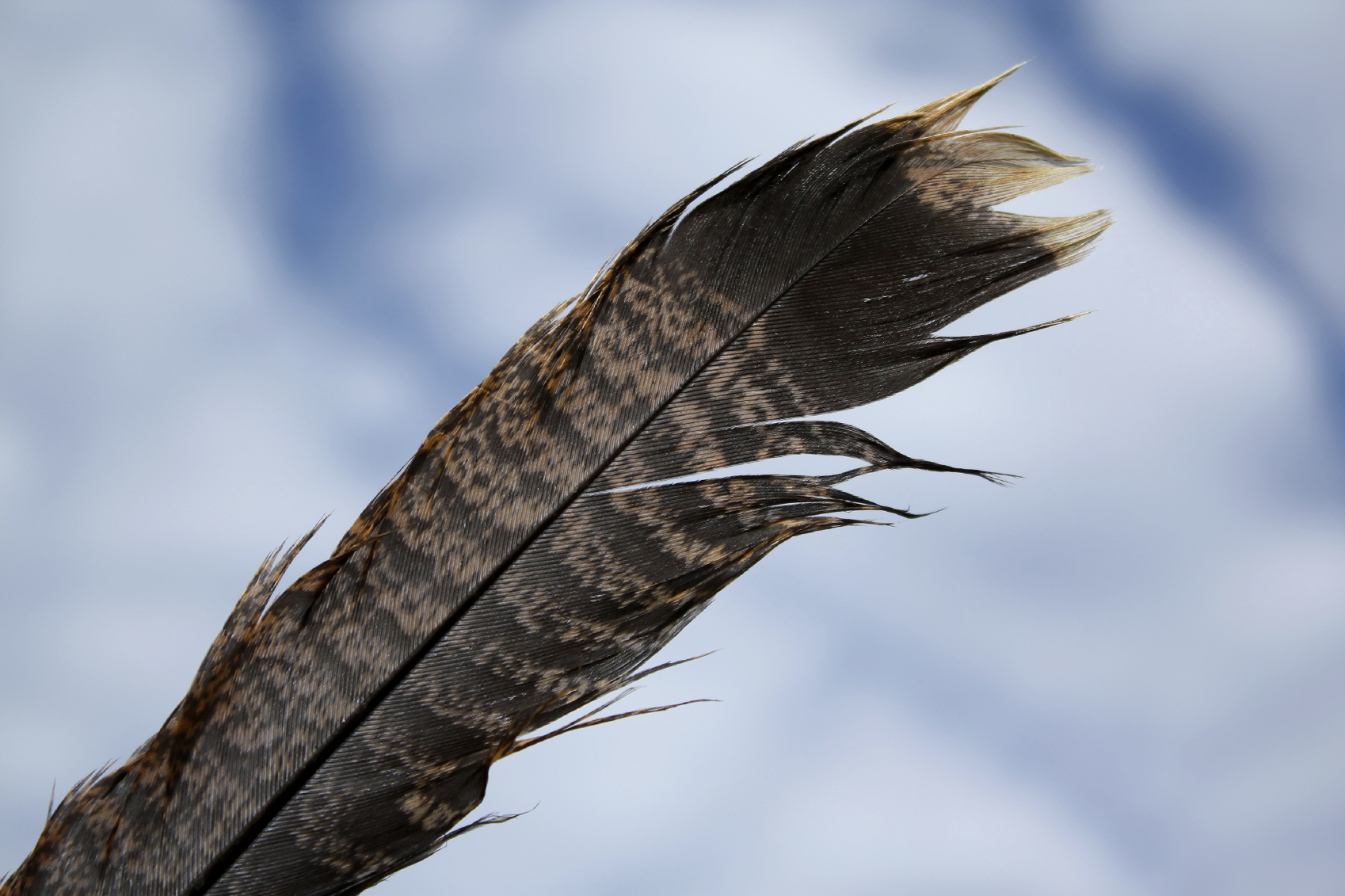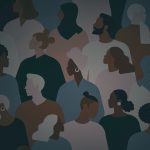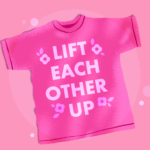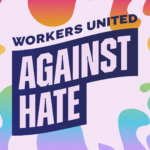
Remembering missing and murdered Indigenous women at February 14 Memorial Marches
Every year on February 14, marches are held across Canada to remember missing and murdered Indigenous women and girls. The first happened in 1991 following the murder of a Coast Salish woman on Powell Street in Vancouver.
Indigenous women have worked tirelessly with allies for years to draw attention to and stop violent crimes committed against women and girls in their communities. Last year, the federal government finally heeded their calls and announced a long-overdue inquiry into the disappearance and murders of Indigenous women across the country.
Over the last decade, Canada’s unions supported the call from Indigenous communities for this inquiry by launching petitions, lobbying the government, encouraging members to attend vigils, and assisting in bringing Indigenous women’s voices to the UN. We also called on the government to reject proposed cuts in bus service to the Highway of Tears.
“Indigenous women have finally won the inquiry they had demanded for so long, but the work doesn’t end there,” said CLC Secretary-Treasurer Barbara Byers.
“We must ensure the inquiry addresses the root causes of violence against Indigenous women, such as racism, sexism and misogyny so that it truly does result in justice and meaningful change,” she added.
The Native Women’s Association of Canada (NWAC) has created a quarterly report card about the inquiry to encourage transparency and to measure its progress. NWAC is also making recommendations over the course of the inquiry to ensure Indigenous communities are properly included in the consultation.
“Canada’s unions will stand in solidarity with Indigenous women, girls and their communities both as the inquiry is underway and beyond to help ensure our country truly addresses the root causes of violence against Indigenous women,” said Byers.
“We will also continue to urge the government to implement strategies that include clean water, affordable housing, accessible education and poverty reduction in Inuit, First Nations and Métis communities,” she added.
Details on the Vancouver march
Details on the Calgary march
Details on the Edmonton march



